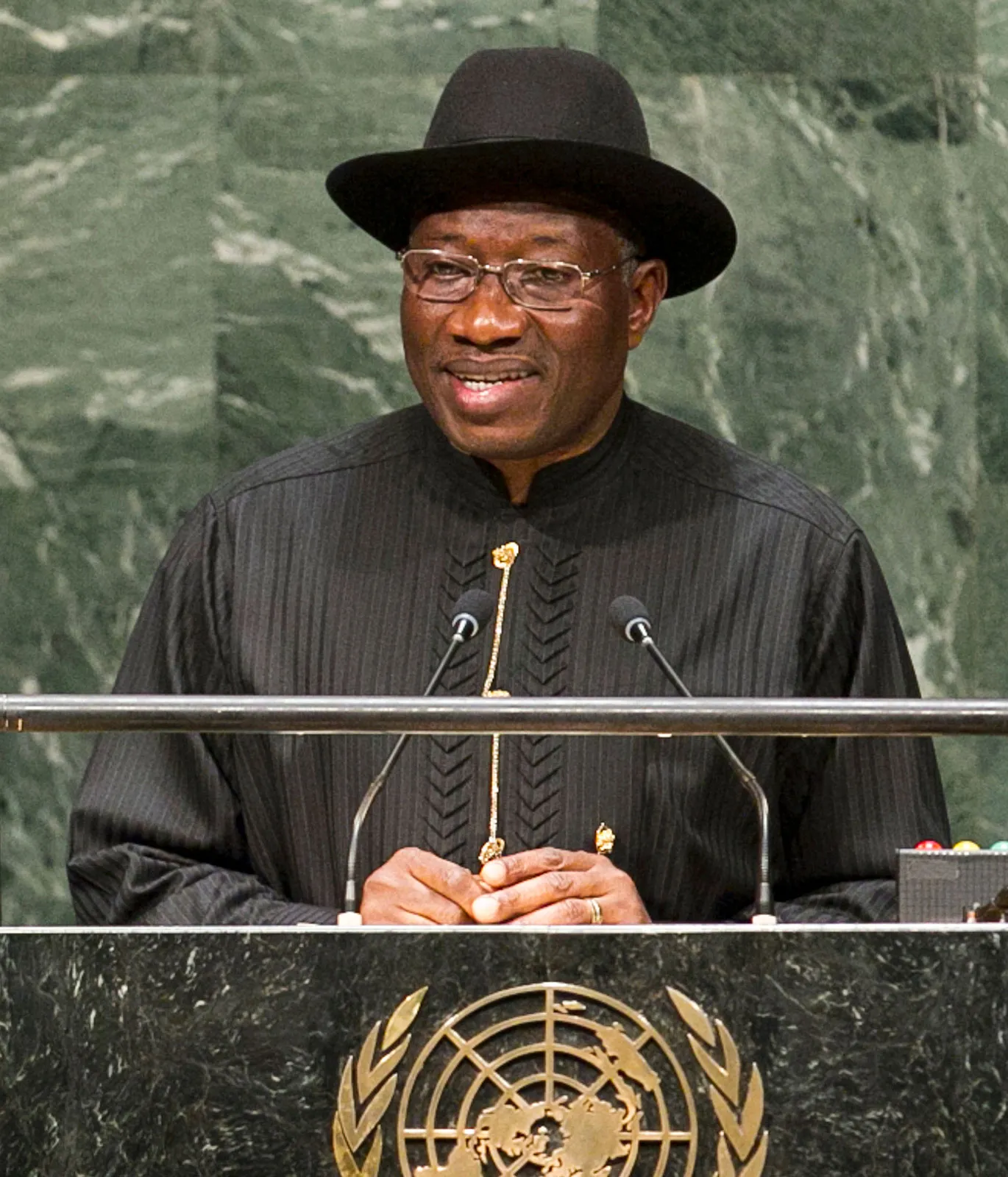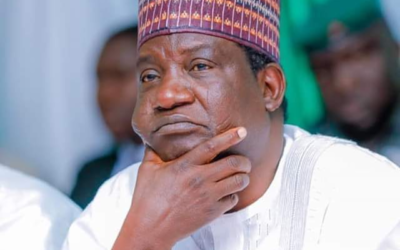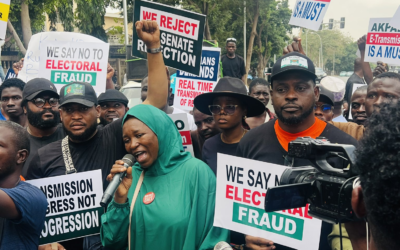
I’ll Die With Scar Of Chibok Girls Tragedy — Jonathan

Former Nigerian President Goodluck Jonathan says the abduction of the Chibok girls remains an indelible scar on his legacy.
He spoke on Friday at the public presentation of ‘SCARS: Nigeria’s Journey and the Boko Haram Conundrum’, a memoir by former Nigeria Chief of Defence Staff, General Lucky Irabor.
Jonathan praised Irabor’s service, noting that the retired officer was “a soldier who stood for truth and never played politics with security.”
Reflecting on his presidency, Jonathan admitted that the 2014 abduction of 276 schoolgirls in Chibok, Borno State, would haunt him forever.
“The title of this book is quite interesting. One of the major scars on my government is the Chibok Girls.
“As Bishop Kukah said, no plastic or cosmetic surgeon can remove it. It is a scar I will die with,” he said.
The incident sparked the #BringBackOurGirls campaign and global outrage. Although some girls escaped or were freed, over 80 remain unaccounted for.
Jonathan recalled that Boko Haram began in 2009 when he was Vice President under Umaru Musa Yar’Adua, and intensified under his rule.
“I battled Boko Haram for five years as President,” he explained, noting that, “I thought Buhari would wipe them out quickly, but they remain.”

He stressed that the insurgency is “far more complex than many assume” and urged Nigeria to rethink its strategy.The former President questioned why the crisis has persisted since 2009 despite military campaigns and international assistance.
“We must approach Boko Haram differently. The carrot and stick method may be required to address this insurgency,” Jonathan said.
In this photo taken on April 14, 2021, the names of some of the Chibok girls still in captivity are displayed on desks in commemoration of the seven years anniversary since they were abducted by Boko Haram in Borno State.

He pointed to the group’s advanced weaponry, arguing that the firepower showed “external hands are clearly involved in sustaining them.”
“Sometimes they even had more munitions than our soldiers. That does not reflect the actions of hungry villagers,” he said.
Jonathan’s government faced harsh criticism for its response to the Chibok abduction, including delays in public statements and accepting foreign help.

Civil society groups accused his administration of weak coordination and politicising the tragedy. Many families remain dissatisfied with the government’s transparency.
Jonathan, however, defended his silence at the time, saying it was intended to protect sensitive investigations and intelligence operations.
READ ALSO: 2027: Step Down For Peter Obi – Obidient Movement Begs Jonathan
More than a decade later, successive governments have rescued or negotiated the release of 189 girls, yet dozens remain missing.
Survivors face stigma, trauma, and disrupted education, with some returning home with children born in captivity.
The Federal Government insists the rescue of the remaining Chibok girls and Leah Sharibu is still a national priority.









